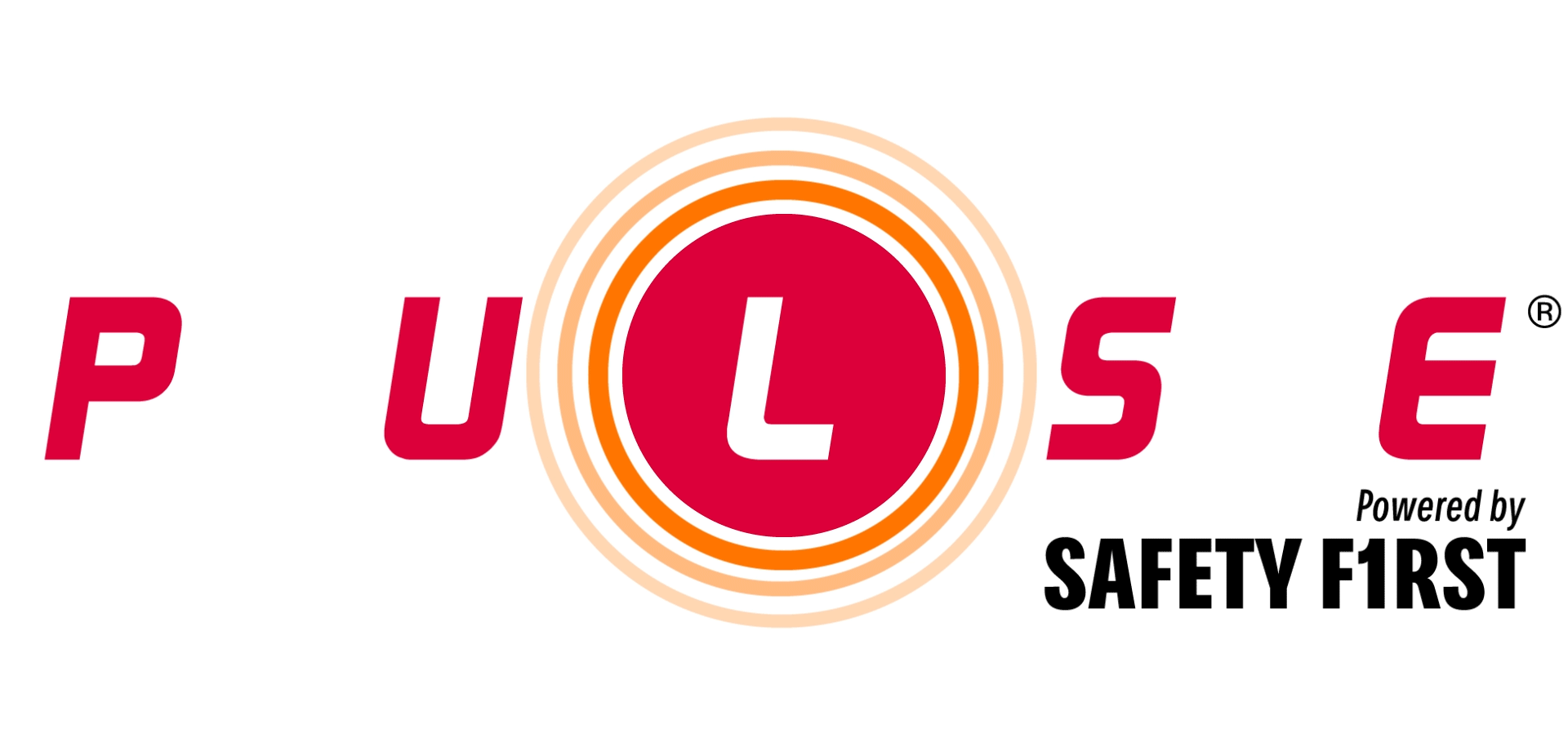Get your car serviced before you leave.
Always have a mechanic give your car a tune-up before embarking on a road trip. The last thing you want is to be stranded in the middle of nowhere because of a busted belt or hose. Make sure the fluid levels are topped off and the tires are properly inflated.
Know a few basic DIY skills.
Everyone who drives should know a few basic DIY skills. If you don’t yet know how to change a tire, this is a good time to learn. You should also know how to check your oil and other fluid levels, and how to change a wiper blade.
Take an emergency road safety kit.
Emergency kits are a must, especially on a lengthy road trip. Take the following emergency supplies for your vehicle:
- Plug-in tire inflator
- Tire pressure gauge
- Fix-a-Flat
- Emergency escape tool (seatbelt cutter/window breaker)
- Jumper cables
- Portable battery charger
- Flashlight
- Road flares or reflectors
- Fire extinguisher
You should also take some emergency supplies for you and your friends or family.
- Bottled water
- Non-perishable food
- Blanket
- Basic first aid supplies
- Prescription medications (asthma inhaler/epinephrine autoinjector)
- Car cellphone charger
Organize your luggage.
On a long road trip, especially if you have kids, the interior of the car can get pretty messy. Know that the force of the impact isn’t the only thing that can cause injuries during a car accident. Items thrown around the interior of the car at high speeds can become dangerous missiles. For safety’s sake, keep your items organized and secured inside your car.
With thoughtfully designed third brake lights by Pulse® Protects, you can keep your family safer on the roads this summer. Just have a specially trained technician install our safer braking technology®, and you’ll minimize your risk of rear-end collisions.
